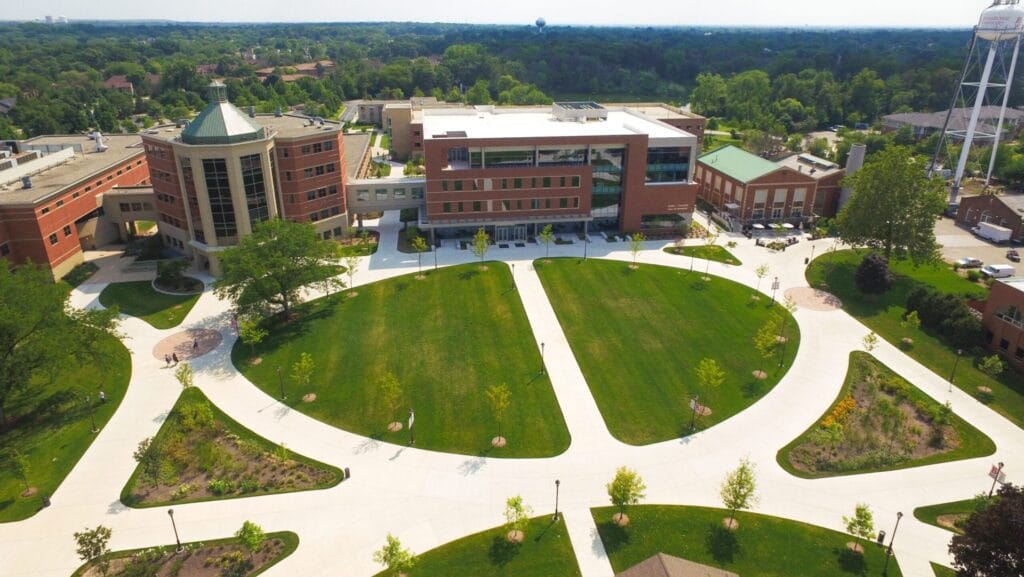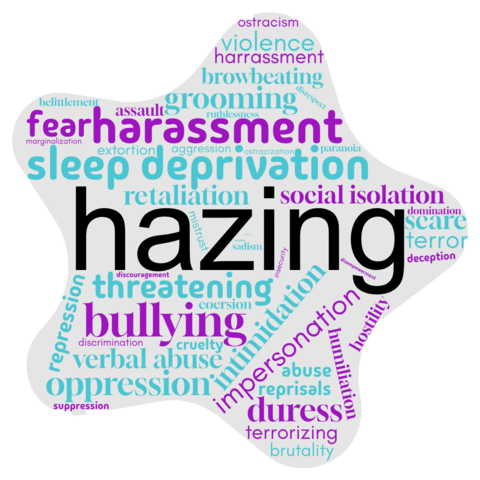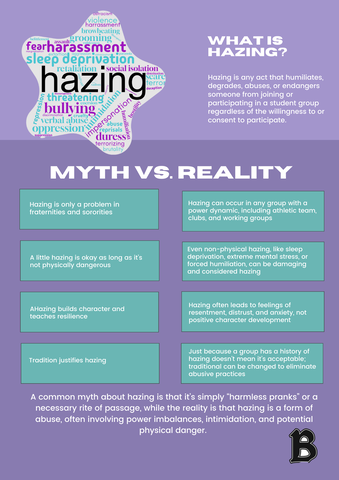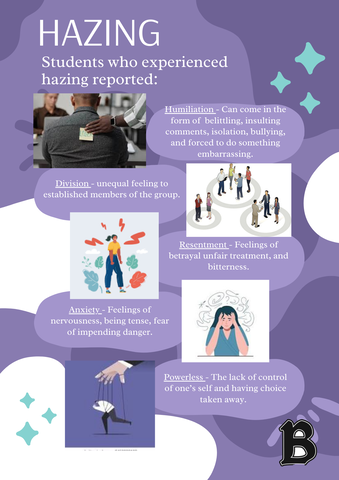
Benedictine University Hazing Prevention
Fostering a culture that values education, ethical engagement, and the inherent worth of every individual. Find more resources on how to prevent hazing on this page.
What is Hazing?
Hazing is the intentional, knowing, or reckless act, occurring on or off University property, by one person alone or acting in concert with other persons, against another person regardless of the willingness of such other person or persons to participate, that:
- Is committed in the course of an initiation into, an affiliation with, or the maintenance of membership in, a student organization; and
- Causes or creates a risk, above the reasonable risk encountered in the course of participation in the organization, or physical or psychological injury including but not limited to:
- Physical abuse
- Sleep deprivation
- Substance ingestion
- Sexual violence
- Intimidation

Hazing is Illegal
Hazing in any form is illegal in both Arizona and Illinois. In December 2024, President Biden signed the Stop Campus Hazing Act. This Act provides a clearer understanding of hazing prevalence on campuses. It creates a culture of reporting among students and employees. This Act holds institutions of higher education accountable for naming and responding appropriately to hazing reports and it makes hazing education, awareness and prevention a priority on all campuses.
Benedictine University’s Hazing Prevention prohibits hazing of any kind on or off University property. Any student or group that commits hazing will be subject to University disciplinary action, criminal prosecution and/or civil prosecution. Click on the Hazing Policy for information on state and federal definitions, investigation process, how to report and prevention and awareness programming.



